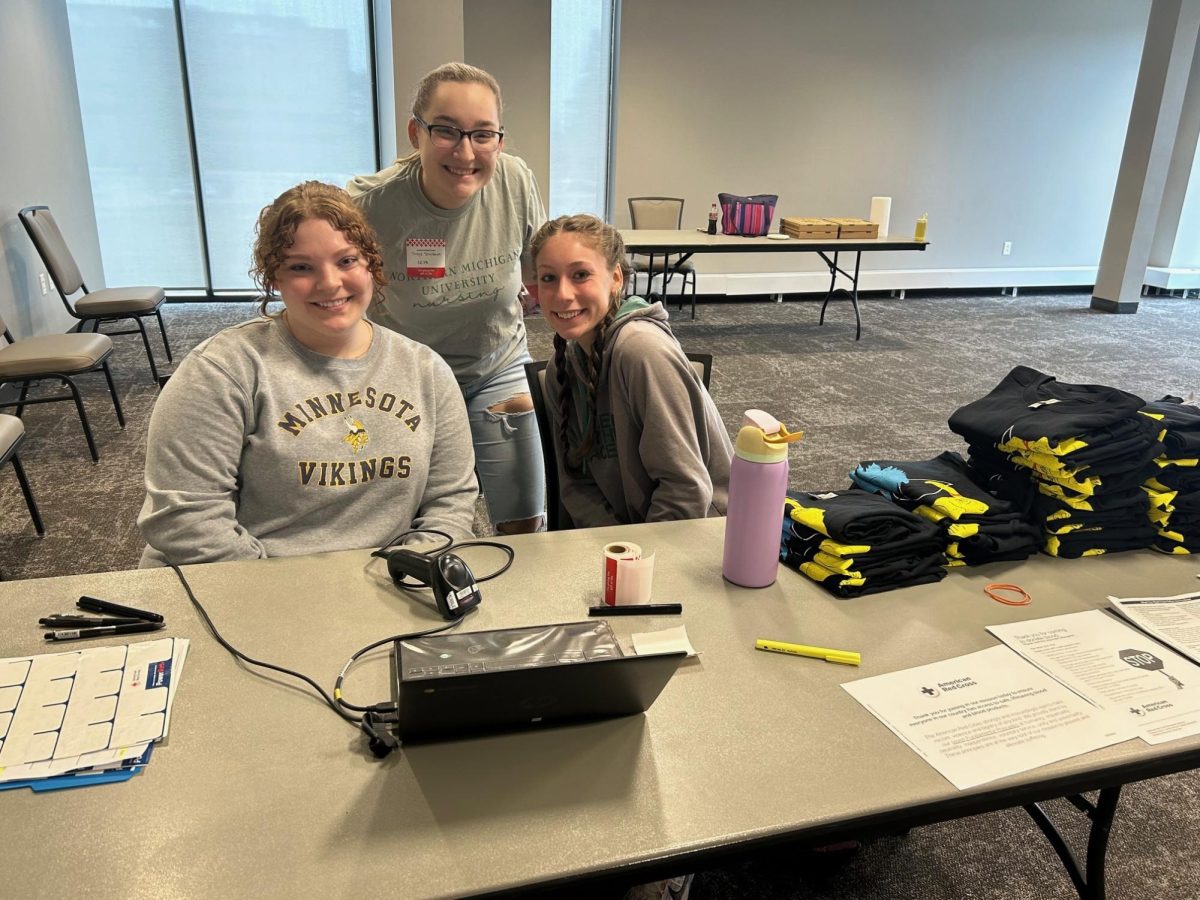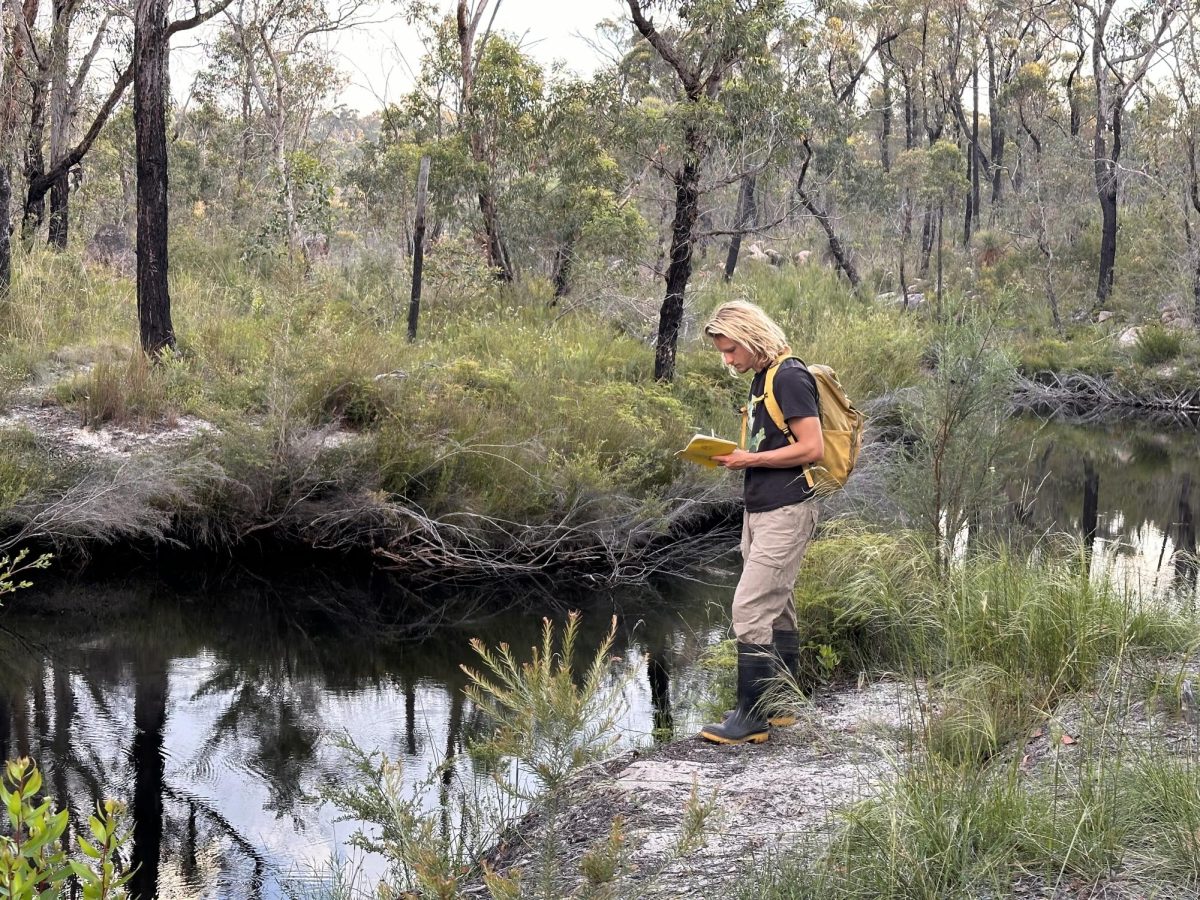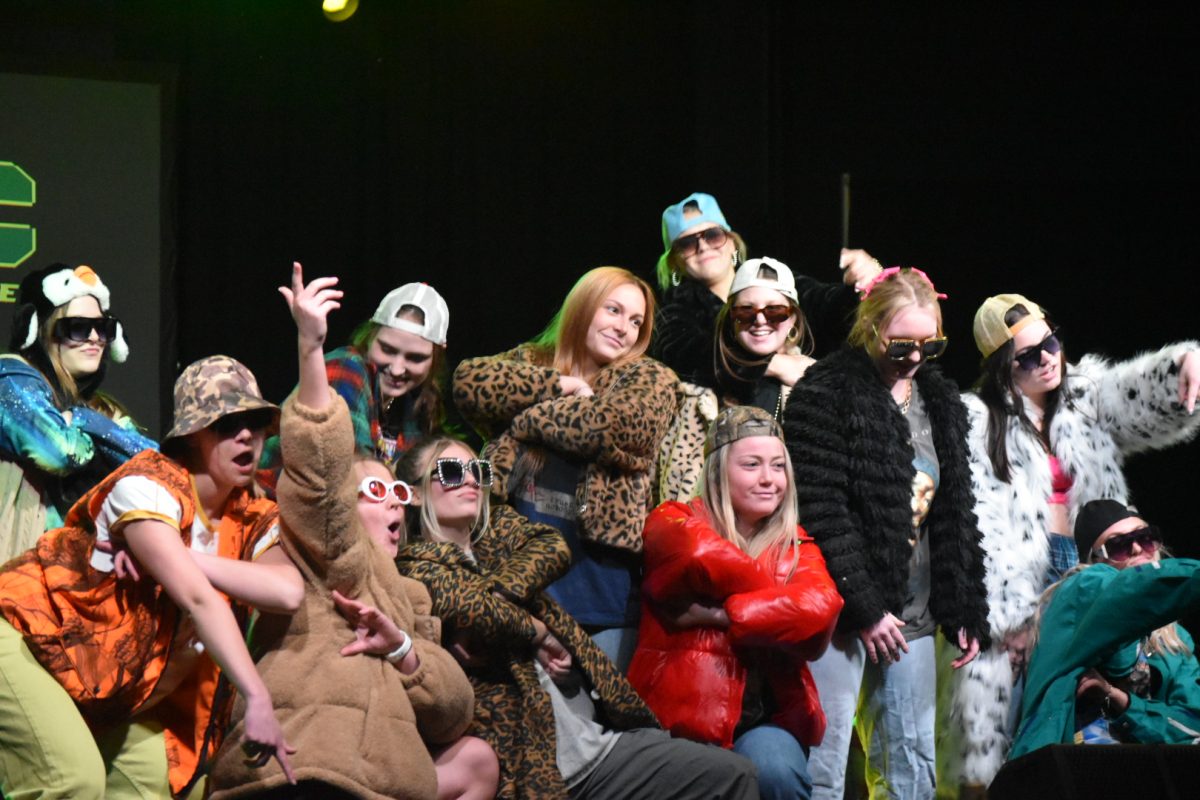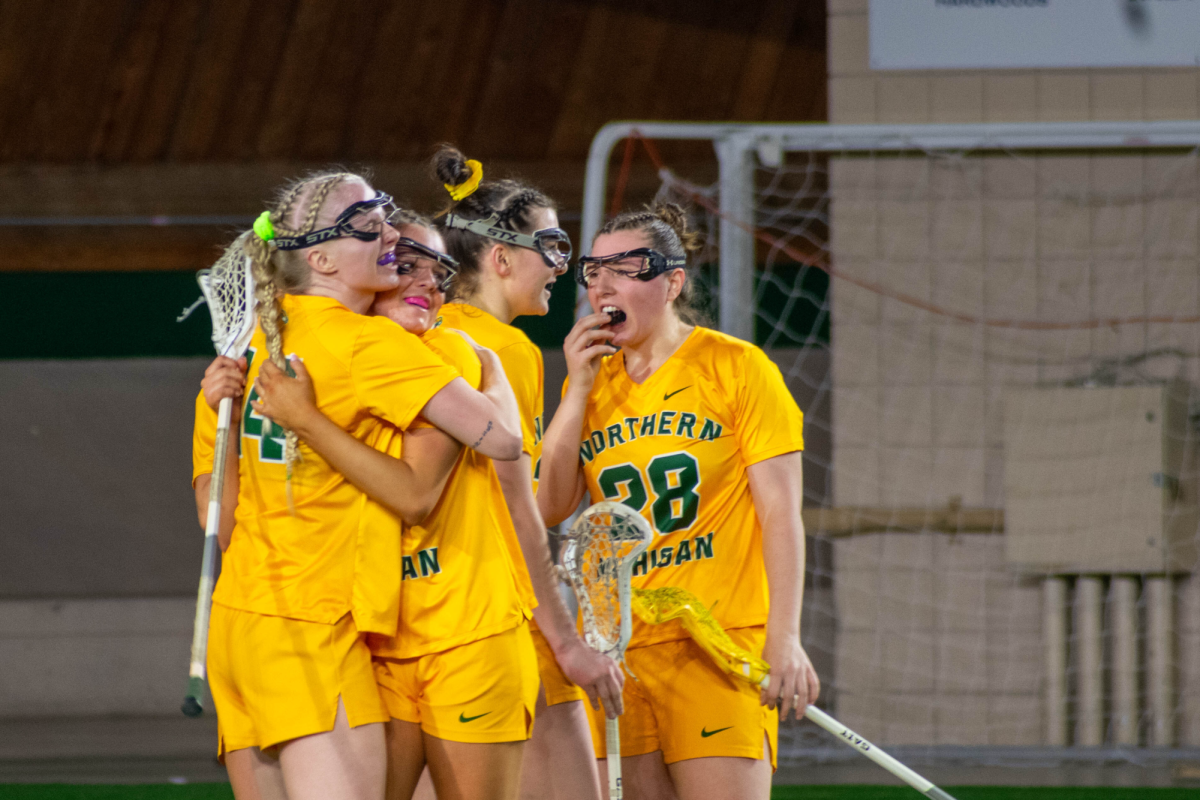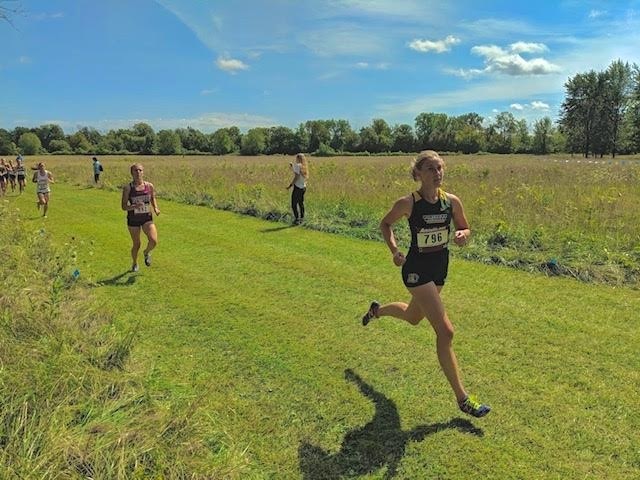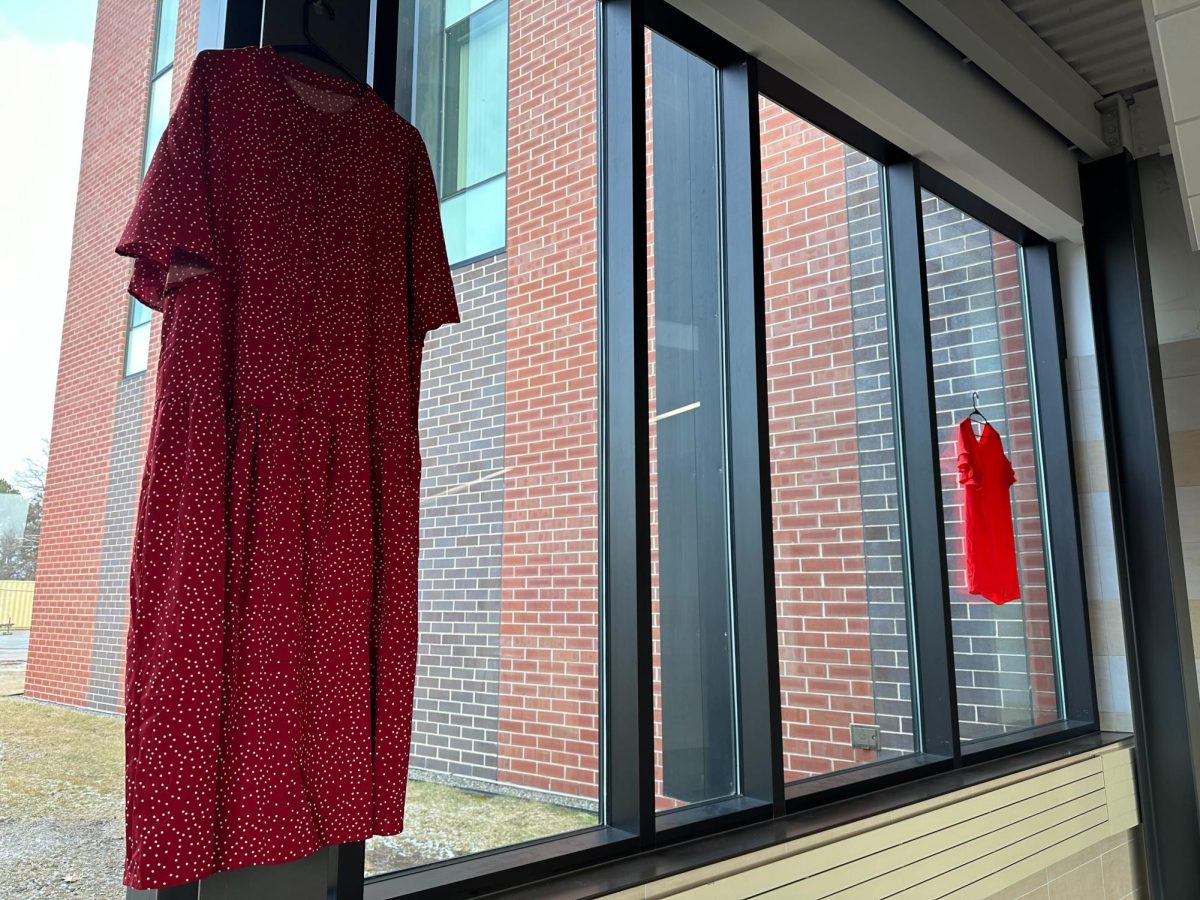Record companies, such as LaFace Records LLC, are suing four NMU students for downloading music illegally after the Recording Industry Association of America (RIAA) sent out settlement letters to 20 students at the beginning of last summer.
The RIAA sent letters to Northern on July 18 asking the university to inform 20 students that they were being sued, according to a spokesperson for the RIAA.
If the students wanted to settle out of court they each needed to pay $3,000 by the end of August, said Cathy Dehlin, NMU’s general counsel.
These students are being sued after not paying the $3,000 settlement fee by the pre-arranged deadline, said the spokesperson from the RIAA.
Of the 20 students, 14 received previous warnings from the RIAA, said Dave Maki, NMU’s director of technical services.
“[For] some of these people, it was their first time. They never received a previous warning from the RIAA to stop downloading. It was like they got a prize. They had no priors — just bang,” Maki said.
After being subpoenaed on Nov. 7, Northern gave the attorney for the record companies the names of the four students who are being sued as “John Doe” defendants in federal court, Dehlin said.
The RIAA catches students downloading music by searching for popular music on downloading programs like Kazaa or Limewire, and in turn, downloads the music from the downloader, Maki said. This shows the Internet Protocol (IP) address of the student and allows the company to track them down, he added.
“The RIAA just has a computer that sits on the outside that goes out and looks for music, just like an individual who sits down and tries to find a song,” Maki said. “What the RIAA is doing is playing an automated system that is probably taking the popular songs at the time and pretends to be just like anybody else and says ‘I want to download this song’ so then they go and get it.”
One NMU senior public relations major received a settlement letter from the RIAA but had no previous warnings from Northern. She was caught by the RIAA last January. However, the RIAA did not send her a settlement letter until August after it recorded her illegal downloads from her off-campus apartment for eight months, the student said.
This student was home for the summer and received her settlement letter in her e-mail two weeks before classes began, she said.
“I didn’t get a warning[from Northern] that my Internet was being shut-off,” she said “It just said ‘you are being sued for the illegal downloading of music.'”
The RIAA had documented 500 songs that the student had downloaded illegally. She paid the $3,000 fine after being informed that if she didn’t settle they could charge her up to $720 per song downloaded illegally, the student said.
“$720 times 500 is too big of an amount . After taking out a loan to pay the settlement fee I’ve got $4.23 to my name right now. I haven’t eaten in two days because I can’t afford to eat. All my money went to this,” she said. “I recommend not doing it. It’s not worth it. I always thought: It was a small campus; I’m not sharing; what are the odds they are going to catch me? But I got busted and I regret every song I ever downloaded.
College students have a large effect on these numbers since 65 percent of students report they have downloaded music illegally, according to a survey performed by the Business Software Alliance.
The fact that college students are such a high percentage of the problem, is why they are the ones targeted right now, according to the RIAA Web site.
On November 15, the RIAA sent out it’s 10th round of settlement letters including 28 letters to Central Michigan University, according to an RIAA press release.
However, Northern has been working to end the campus’s piracy issue by implementing the Audible Magic system this year, which catches the illegal downloading before the RIAA. This program was not in place, however, until mid August, which was after the twenty students received settlement letters.
Northern has also made free music available to the students through the computer program Ruckus.
“I encourage students to follow the policy and find other means like using Ruckus that we have made available for students which is free, legitimate, legal downloading,” Dehlin said. “They need to stop playing legal roulette and find legal ways to download music that won’t risk their futures.”





